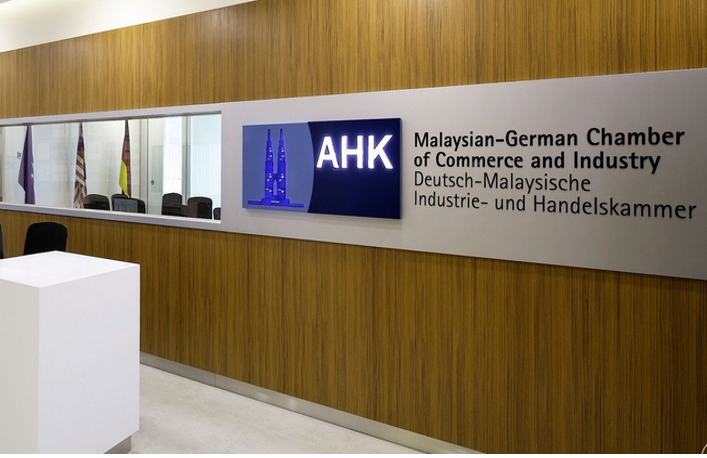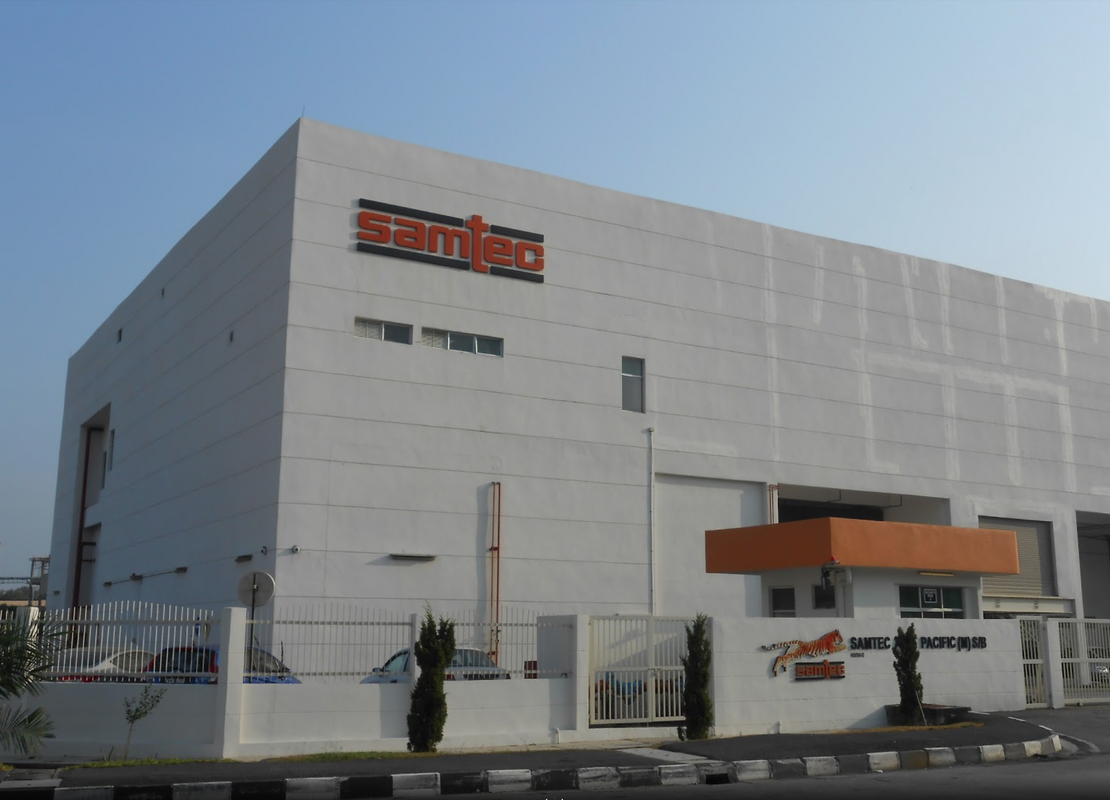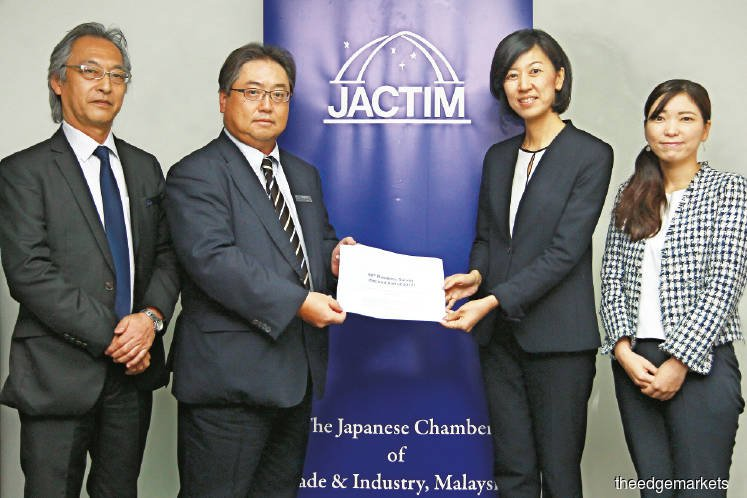US, Dutch & German Commerce Groups Warn That MNCs Might Leave Malaysia If Bad SOPs Persist
Two Japanese commerce groups also sent a joint letter to Prime Minister Tan Sri Muhyiddin Yassin to raise their concern about the dire COVID-19 situation impacting their companies.
Over the past week, five commerce groups from four countries have urged the Malaysian government to refine the standard operating procedures (SOPs) imposed on their multinational companies (MNCs)
According to The Malaysian Insight, the commerce groups sent three separate letters to federal and state governments.
The first letter was addressed to Prime Minister Tan Sri Muhyiddin Yassin by the Japanese Chamber of Trade & Industry Malaysia (Jactim) and the Japan External Trade Organization (Jetro) on 6 July.
The second letter was sent to Muhyiddin by the Malaysian-German Chamber of Commerce and Industry (MGCC) on 8 July, while the American Malaysian Chamber of Commerce (Amcham) and the Malaysian Dutch Business Council (MDBC) had on 10 July sent a joint letter to Johor Menteri Besar (MB) Datuk Hasni Mohammad.
All of the five commerce groups raised concern about the worrying COVID-19 situation in the nation while suggesting the government practise a more targeted approach in implementing SOPs on manufacturing MNCs.
Among them, three countries said their companies based in Malaysia might relocate if poorly thought out SOPs persist
In their letter to Johor MB on 10 July, American and Dutch investors — Amcham and MDBC respectively — said a blanket lockdown that is not based on state data will lead to MNCs pulling out their investment in Malaysia.
"Malaysia, and Johor in particular, are crucial players in global supply chains for critical products," wrote Amcham chief executive officer Siobhan Das and MDBC executive director Marco Winter in a letter that SAYS sighted.
"The disruption that many companies have experienced in the last year resulted in loss of new business opportunities, revenue, and even contracts being reassigned — many of these losses cannot be recovered. Business opportunities are often lost to branch companies and competitors outside of Malaysia (China, India, Vietnam, Indonesia, Thailand, etc)."
"Any further closures from the EMCO areas mentioned above will result in the HQ (headquarters) of these established companies to re-think current and future investments in Johor."
As an example, they said HQ Pack Sdn Bhd is one of the world's leading companies in providing high-tech packaging. Their recent shutdown will deprive major medical electronic companies of packaging needed to transport medical equipment.
They said shutting down HQ Pack for one day will lead to a month's worth of unfulfilled orders. Last July, the company announced a RM100 million investment to expand its operation in Johor, but the board of directors is currently considering pulling out if another lockdown is imposed on their company.
Meanwhile, Samtec Asia Pacific (M) Sdn Bhd — a company that supplies connectors for medical devices such as CT and MRI scanners globally — has moved its manufacturing capacity from Malaysia to Vietnam.
"We urge you to consider using data and adopt a targeted approach. Invest Johor, IRDA (Iskandar Regional Development Authority), MIDA (Malaysian Investment Development Authority), Matrade (Malaysia External Trade Development Corporation), and MITI (Ministry of International Trade and Industry) have worked too hard for the past 20 years, to only have it undone in this manner," they jointly said.
"We call on you to help stop the flight of investors that have trusted Johor with their investments. We urge you to be more precise and targeted in action, using data not as a sentiment but as a guide."
Additionally, German investors urged Muhyiddin to improve the current SOPs, which they described as "confusing" and "inconsistent enforcement"
MGCC said the ever-changing SOPs under the Movement Control Order (MCO) and the Enhanced MCO (EMCO) are confusing not only in terms of implementation but also enforcement, reported The Malaysian Reserve.
They said even the police and MITI itself are confused by the rules.
"The EMCO is not yet reflected in MITI CIMS 3.0 system but manufacturing companies depend on MITI exemption letters to operate and allow their staff to safely come to work and return home," they wrote on 8 July
"In one case, an essential classification (example: fragrances which are necessary for soaps and sanitizers) was revoked overnight without any notification or explanation. In other cases, PDRM insisted on MITI exemption letters although the companies do not fall under the purview of MITI."
Even if some of the companies are allowed to operate, MGCC said the MNCs cannot stay open for long as their suppliers might not be operating. They said this might cause a collapse of the supply chain.
In one of many examples MGCC brought up, they said Weidmuller (Malaysia) Sdn Bhd might have to relocate to Spain if the company cannot meet their clients' demand.
MGCC said the company had complied with all SOPs in place and there were no reported COVID-19 cases in its facilities.
"Weidmuller hopes for a more targeted approach which does not punish the complete industry," they said, adding that the company was only set up in Malaysia last year.
As for the Japanese trade groups, their approach was more diplomatic with mentions of only their demands and no investment pull-out scares
"Out of the 1,500 Japanese companies in Malaysia, 40% or 650 companies are based in Selangor and they are severely affected by the Enhanced Movement Control Order (in most of Selangor and Kuala Lumpur)," Jactim president Daiji Kojima and Jetro managing director Mai Onozawa wrote in the letter dated 6 July.
They raised many concerns similar to MGCC, saying the lockdown has caused a breakdown of the supply chain.
"As we have been emphasizing this since the beginning, the operation of the manufacturing industry could not be established unless its supply chain and manufacturing-related services are in operation as well," the letter read.
"ln fact, production could not commence if the raw materials required for production could not be supplied. Similarly, it is impossible to continuously store the manufactured products and parts in a warehouse without allowing sales and export activities to resume."
They urged the government to allow all industries to operate at 10% workforce, just like in MCO 1.0 last year.
They also urged the government to focus its vaccination programme in Selangor, which generates a quarter (24.2%) of Malaysia's gross domestic product (GDP).
"Jactim through the Jactim Foundation would be contributing 50 specialized cooling boxes and 10 deep freezers as a gesture of goodwill to the Malaysian vaccination programs," they said.
Jactim president Daiji Kojima (second from the left) and Jetro managing director Mai Onozawa (second from the right).
Image via The Edge MarketsYou can find the compilation of the letters here.


